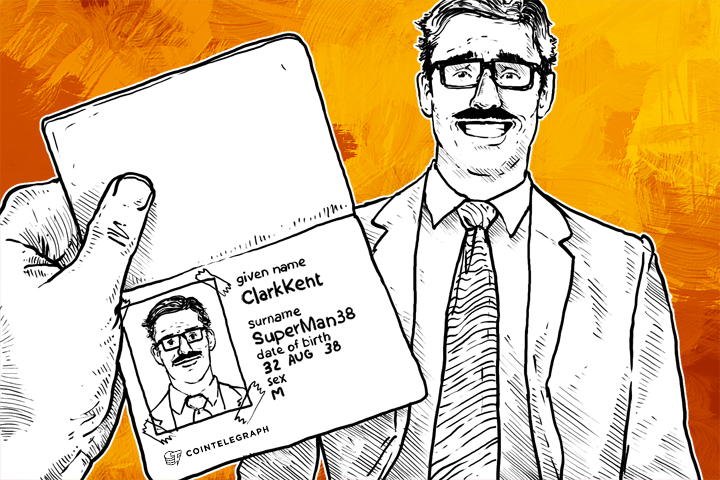Bitstamp, one of the largest exchanges in the world that deals with US dollars, is taking the customer ID verification requirement very seriously and has warned its users to complete the process or face potential seizure of their assets by the US government.
Slovenia-based BitStamp has notified certain users that if they fail to verify their accounts within the next 28 days they were at risk of having funds seized by US regulatory authorities and additional penalties were also applicable as well. The October 16 announcement reads:
“We kindly ask all unverified account holders with a balance to get verified within 28 days of this announcement.”
The company acknowledged that many of their customers will not be happy with this decision, but also stated that compliance with regulators was necessary if they wanted to be able to provide a truly global cryptocurrency trading platform.
When the company announced the new policy it said:
“We believe it makes good sense for us to act in a conservative fashion and to do our best to safeguard the integrity of the system. Each day, each minute, each second, Bitstamp provides an online exchange in which we match buyers and sellers, and through these myriad transactions, help to set the real-time value of Bitcoin for use by merchants and customers around the world.”
The company also suggested that, at least initially, the accounts that would be affected would be those that have not had any activity for at least 12 months and have not been verified after the company made “good faith efforts” to notify the customers. They also said that accounts that had been inactive for at least six months would be transferred to a “third party escrow” but did not identify the nature of the escrow.
Bitstamp first began notifying customers more than one year ago on September 4, 2013 and informed account holders that bank transfers would soon be available to only verified customers.

One user alan2here went on to criticize the company’s policy on Bitcointalk.org calling their notification an “angry threat.” The posted email from Bitstamp reads:
Dear Bitstamp customer,
This is your Final Notice. We have determined that despite you being notified of our change in Bitstamp's Verification Policy more than a year ago on 4th September 2013 and despite our repeated entreaties and warnings to you, you have not yet verified your Bistamp account, resulting in our having to suspend your activity.
Please be advised: We cannot allow unverified customers to trade or do any business whatsoever at Bitstamp, as doing so would violate our AML and KYC policies. See: https://www.bitstamp.net/aml-policy/
As you are holding a balance with Bitstamp, we kindly ask you to verify your account within 28 days of receiving this notification.
If you do not do so, you will have breached our Agreement and failed to remedy your breach. This will automatically result in the following: your account will be terminated, you will lose access rights, and you will no longer be considered a Bitstamp customer.
Any remaining balance in your account will be subject to immediate seizure by and forfeiture to regulatory authorities.
Please take these simple verification steps immediately. You can verify your Bitstamp account here: https://www.bitstamp.net/account/verify/ or contact our support at support@bitstamp.net
Best regards,Bitstamp Team

The major reason cited for the changes was the need to abide by anti-money laundering (AML) and know-your-customer (KYC) regulations in the United Kingdom but there is little doubt that the American FinCEN regulations dealing with money laundering are also a concern.
Meanwhile, rational individuals understand that Bitcoin and other virtual currencies will eventually have to find their way into the regulatory framework of whatever nations that will allow them to be traded or used. Thus, the fact that exchanges like Bitstamp are seeking official permissions to trade and deal in virtual currencies is an ominous one indeed.
Regulation may not be liked or even approved of by most of the crypto community, but if virtual coins are ever to be taken seriously by the masses, regulations could become a necessary evil at least on some level.
Did you enjoy this article? You may also be interested in reading these ones:


